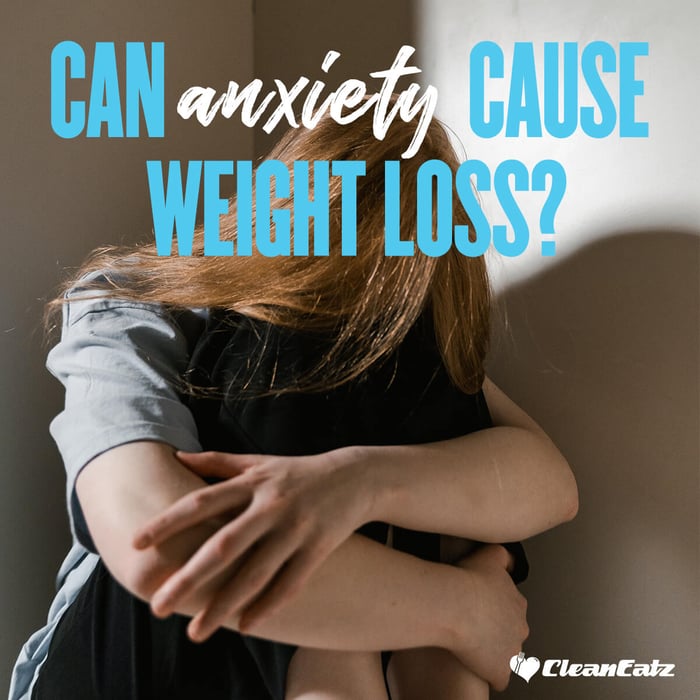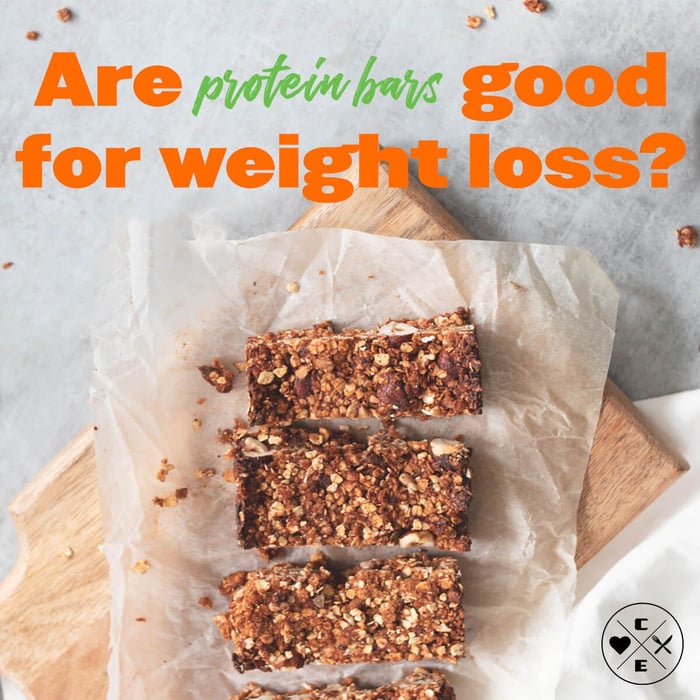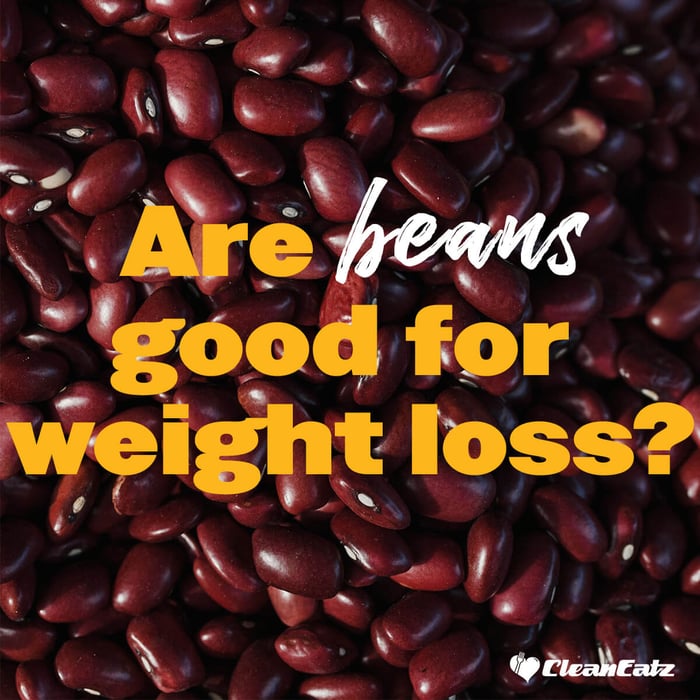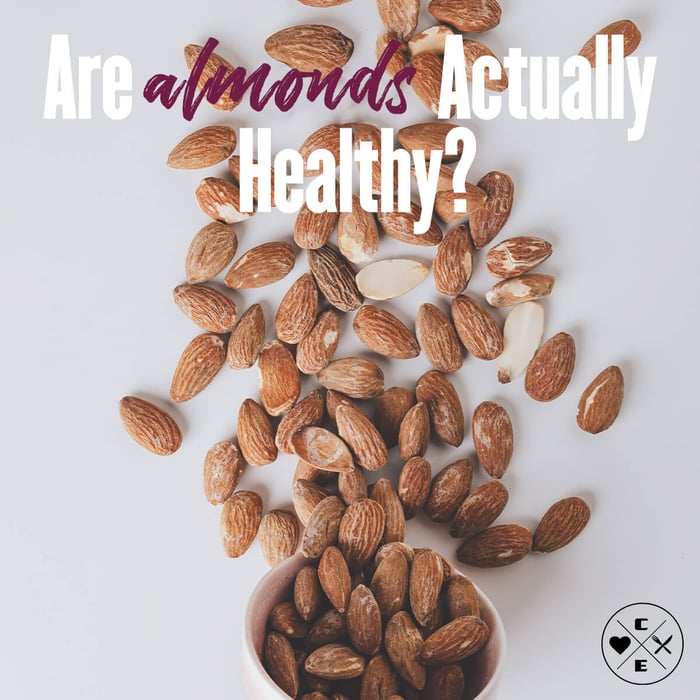Quick answer: Yes—anxiety can contribute to weight loss for some people by reducing appetite, causing nausea or GI upset, disrupting sleep, and briefly increasing stress-hormone activity that blunts hunger. Not everyone loses weight with anxiety; some people eat more under chronic stress. Unintentional weight loss of about 5% or more in 6–12 months is a red flag—contact your clinician.
On this page
- Why anxiety can lead to weight loss
- Red flags & when to seek care
- What helps (food-first + habits)
- Gentle foods when appetite is low
- What to eat from Clean Eatz Kitchen
- FAQ
Why anxiety can lead to weight loss
- Appetite suppression via stress signaling: acute stress can release CRH (corticotropin-releasing hormone), which temporarily dampens hunger. Chronic stress responses vary—appetite may go up or down by individual.
- GI symptoms: nausea, “stomach knots,” reflux, or bowel changes make eating uncomfortable and reduce intake.
- Routine disruption: poor sleep, skipped meals, and irregular schedules reduce total calories eaten.
- Related conditions: anxiety can coexist with mood or eating disorders; in those cases, restriction and weight loss may be more pronounced and need clinical support.
Red flags & when to seek care
- Unintentional weight loss ≥5% within about 6–12 months (e.g., 8–10 lb for many adults).
- Persistent vomiting/diarrhea, trouble swallowing, blood in stool, fever/night sweats, chest pain, or severe fatigue.
- Signs of an eating disorder (fear of weight gain, distorted body image, rigid food rules) or thoughts of self-harm.
Don’t self-attribute significant weight loss to “just stress.” See your clinician to rule out medical causes (thyroid, diabetes, GI disease, infection, etc.) and to discuss a plan.
What helps (food-first + habits)
- Anchor meals: aim for 3 small meals + 1–2 snacks even if appetite is low. Start with gentle textures and add calories gradually.
- Protein at each eating time: target ~25–35 g per meal to support weight maintenance and steady energy.
- Fiber & fluids: include fruit/veg/beans as tolerated; sip liquids through the day if large meals feel hard.
- Limit stimulants: high caffeine can worsen anxiety or reflux for some.
- Stress skills: brief walks, breath work, or CBT-style tools alongside professional care.
Gentle foods when appetite is low
- Greek yogurt or cottage cheese with fruit
- Smoothies (yogurt/milk + fruit + nut butter or oats)
- Eggs or tofu with soft vegetables and rice
- Soups, stews, or broth-based noodles with added protein
- Peanut butter & banana on whole-grain toast
What to eat from Clean Eatz Kitchen
As part of a clinician-guided plan, these options can help you get steady calories when cooking feels hard:
- Build-A-Meal Plan — choose softer textures and split meals into smaller portions.
- Meal Plans — rotating, balanced options to reduce decision fatigue.
- Protein PB&J — an easy snack when appetite is iffy.
FAQ
Can anxiety cause rapid weight loss?
It can in some people—usually through appetite loss and GI symptoms—but rapid, unintentional loss warrants a medical workup to rule out other causes.
Does anxiety increase metabolism?
Short-term stress hormones can alter appetite and energy use, but the bigger driver of weight change is intake (how much you manage to eat). Chronic stress may increase or decrease appetite depending on the person.
How long does anxiety-related weight loss last?
It varies. Many people stabilize when symptoms are treated and routines return (sleep, regular meals). If loss continues despite efforts, contact your clinician.
What if I think an eating disorder is involved?
Seek professional help. Anxiety may coexist with eating disorders. Early support improves outcomes.




